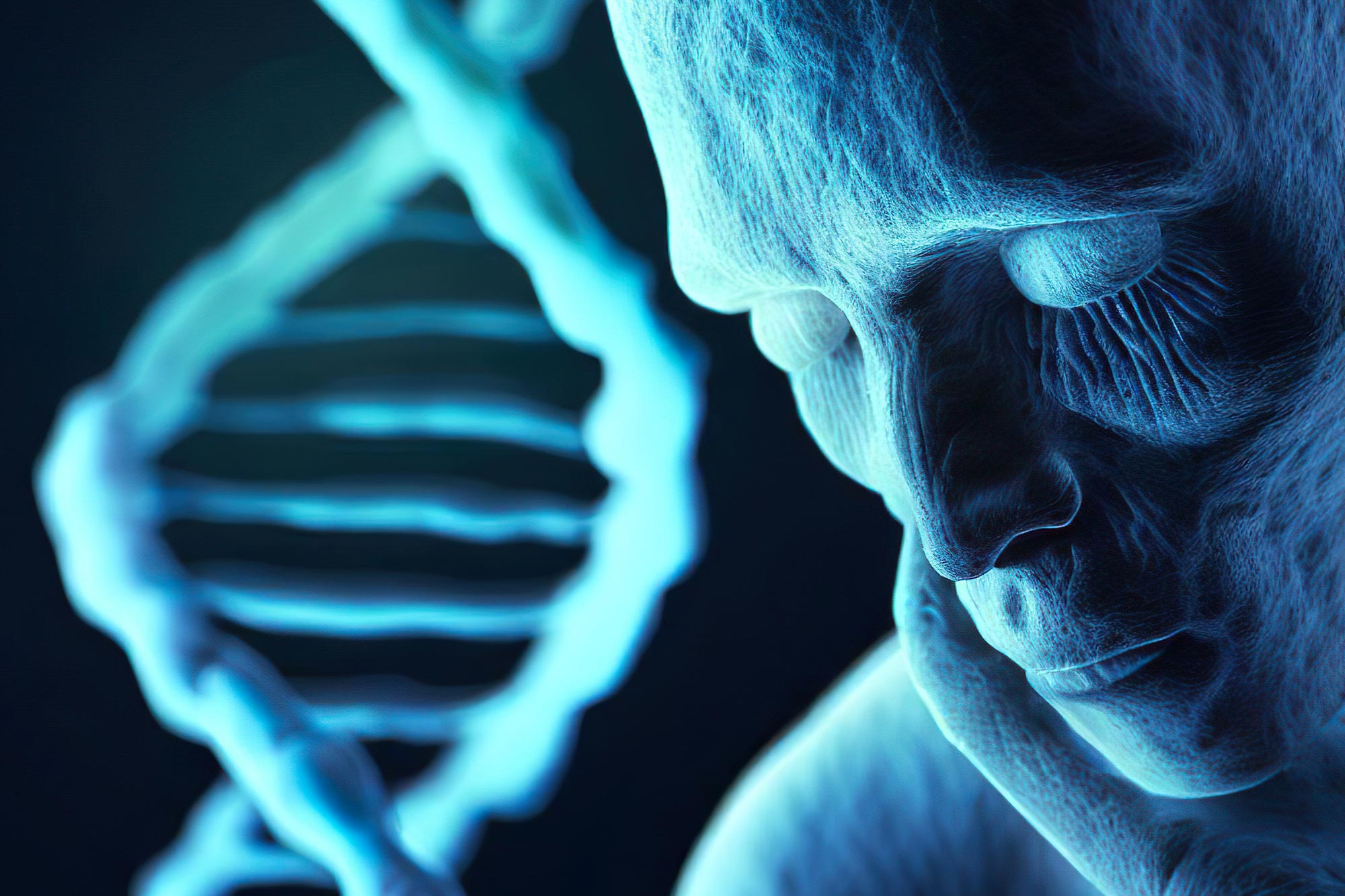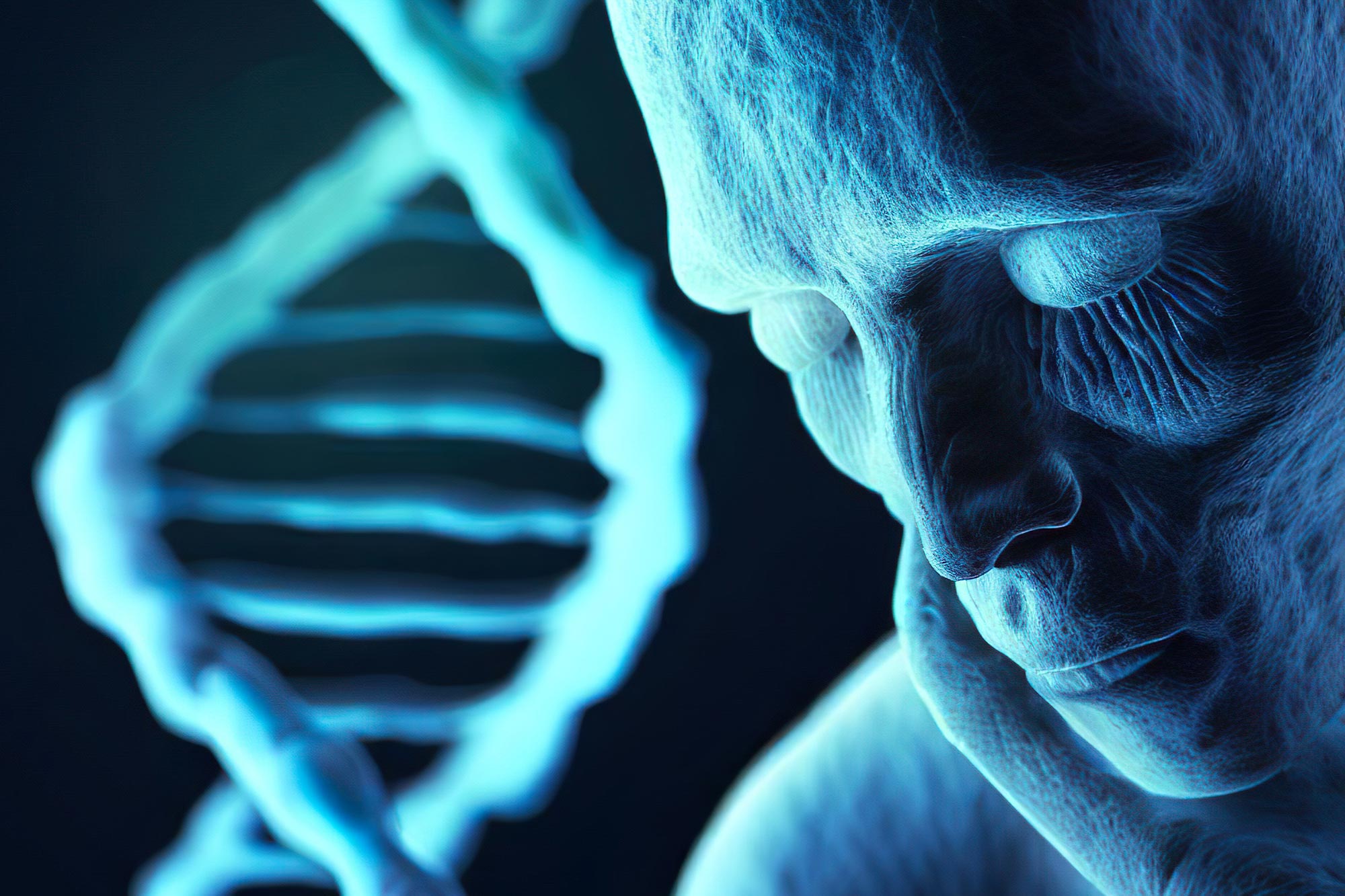
Badanie opublikowane w czasopiśmie Natura Zaproponował nowy model ewolucji człowieka, twierdząc, że współczesny Homo sapiens powstał z genetycznie zróżnicowanych populacji w całej Afryce, a nie z jednej grupy rodowej. Do tego wniosku doszli po analizie danych genetycznych z istniejących populacji afrykańskich, w tym 44 nowo zsekwencjonowanych genomów z grupy Nama w Afryce Południowej.
współczesny[{” attribute=””>DNA evidence suggests that humans emerged from the interaction of multiple populations living across the continent.
A new study in Nature challenges prevailing theories, suggesting that Homo sapiens evolved from multiple diverse populations across Africa, with the earliest detectable split occurring 120,000-135,000 years ago, after prolonged periods of genetic intermixing.
There is broad agreement that Homo sapiens originated in Africa. But there remain many uncertainties and competing theories about where, when, and how.
In a paper published on May 17, 2023, in Nature, an international research team led by McGill University and the University of California-Davis suggest that, based on contemporary genomic evidence from across the continent, there were humans living in different regions of Africa, migrating from one region to another and mixing with one another over a period of hundreds of thousands of years. This view runs counter to some of the dominant theories about human origins in Africa.
Competing theories about human origins in Africa
One theory holds that, about 150,000 years ago, there was a single central ancestral population in Africa from which other populations diverged. Another suggests that this central ancestral population was the result of the mixing of modern humans with a Neanderthal-like hominins (human-like beings), resulting in a leap forward in human evolution, as has been suggested took place in Eurasia.
“At different times, people who embraced the classic model of a single origin for Homo sapiens suggested that humans first emerged in either East or Southern Africa,” says Brenna Henn, a population geneticist in the Department of Anthropology and in the Genome Center at the University of California, Davis and co-lead author of the research. “But it has been difficult to reconcile these theories with the limited fossil and archaeological records of human occupation from sites as far afield as Morocco, Ethiopia, and South Africa which show that Homo sapiens were to be found living across the continent as far back as at least 300,000 years ago.”
So, the research team took a different approach.
Contemporary genomic evidence tells a different story
In the first systematic test of these competing anthropological models against genetic data, the team worked backward from contemporary genomic material of 290 individuals from four geographically and genetically diverse African groups to trace the similarities and differences between the populations over the past million years and gain insight into the genetic interconnections and human evolution across the continent.
The groups were the Nama (Khoe-San from South Africa); the Mende (from Sierra Leone); the Gumuz (recent descendants of a hunter-gatherer group from Ethiopia); and the Amhara and Oromo (agriculturalists from eastern Africa). The researchers also included some Eurasian genetic material to include the traces of colonial incursions and mixing in Africa.
“We used a new algorithm to rapidly test hundreds of possible scenarios. Those with gene flow back and forth between populations in various parts of the continent over the course of hundreds of thousands of years provided a much better explanation of the genetic variation we see today,” adds Simon Gravel, Associate Professor in the Department of Human Genetics at McGill University, and co-senior author on the paper. “We wrote this algorithm to understand how genetic disease risk varies across populations, and it led us to this deep dive into human origins. It’s been really fun to tie applied and fundamental research together in this way.”
For more on this research, see DNA Research Changes Origin of Human Species.
Reference: “A weakly structured stem for human origins in Africa” by Aaron P. Ragsdale, Timothy D. Weaver, Elizabeth G. Atkinson, Eileen G. Hoal, Marlo Möller, Brenna M. Henn and Simon Gravel, 17 May 2023, Nature.
DOI: 10.1038/s41586-023-06055-y

„Kawioholik. Fanatyk alkoholu na całe życie. Typowy ekspert podróży. Skłonny do napadów apatii. Internetowy pionier”.

/cdn.vox-cdn.com/uploads/chorus_asset/file/24054838/AMD_Ryzen_7000_Desktop_CPU_Lineup_low_res_scale_4_00x_Custom.png)





More Stories
Identyczne ślady dinozaurów odkryto na dwóch kontynentach
Studentka Uniwersytetu Północnej Karoliny zostanie najmłodszą kobietą, która przekroczy granice kosmosu na pokładzie Blue Origin
Boeing może nie być w stanie obsługiwać pojazdu Starliner przed zniszczeniem stacji kosmicznej